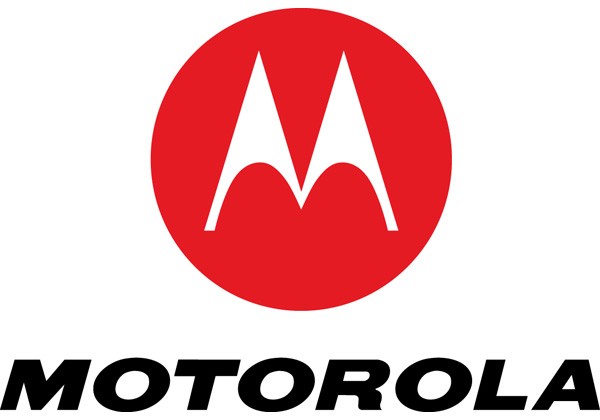
Whether you like them or not, Motorola Mobility — the mobile division of Motorola — will soon be completely owned by Google after agreeing to a sale price of 12.5 billion USD. That’s a premium of 63% over the normal share price, meaning that each share was sold for $40 in cold hard cash. The deal is yet to get the green light from shareholders and government regulatory bodies, however, we should see all start to happen very soon since Google does have this kind of money just lazing around.
If you’re unsure of why this sale has seemingly popped up out of no where, all you need to do is take a look at the current state of litigation going on between major companies such as HTC, Apple, Samsung and Microsoft to see that there is a major war going on against Android. Google’s acquisition of Motorola Mobility gives them access to MM’s 17,000 mobile-related patents which can, and no doubt will be, used against companies suing over Android infringement of patents.
Patents aren’t the only thing on Google’s mind when it comes to this acquisition. Motorola Mobility have the potential to create incredible hardware, and do so in a timely manner — much like Samsung. Motorola Mobility have shown they can manufacture Android phones, Android tablets, and we know they also make set-top boxes (hello, Google TV).
Furthermore, Motorola is based out of the U.S. which works well for Google as they can converse in person to MM’s personnel, instead of having to arrange meetings with certain U.S. staff for overseas companies like Samsung and HTC — both of whom have manufactured previous Nexus devices, which leads me to my next point.
Google owning Motorola Mobility enables them create, from scratch, their own Nexus device(s) to show everybody just how they should be made and what Android is capable of doing. We also know that Ice Cream Sandwich’s CPU of choice will be Texas Instrument’s OMAP4 chip, a chip that Motorola already use in devices such as the DROID 3 and can indeed use in the next Nexus device.
There’s a lot to think about here, but I think if Google can manage to pull off being the OS creator/developer and be a OEM at the same time, this deal just might work out.




